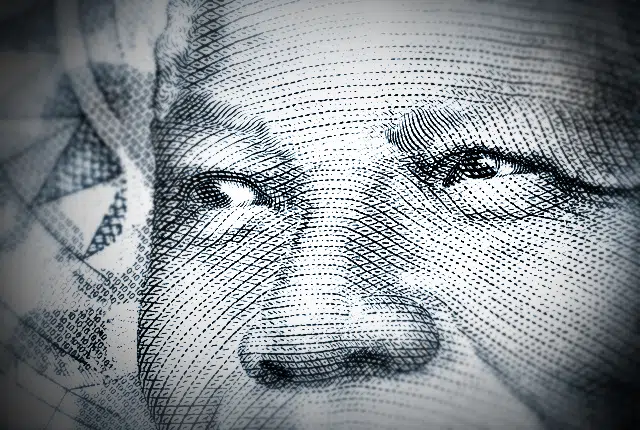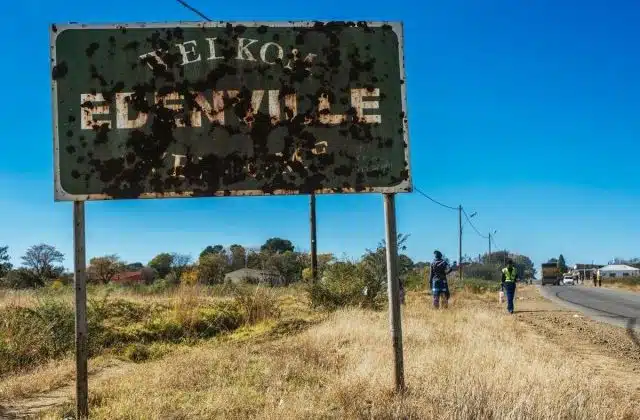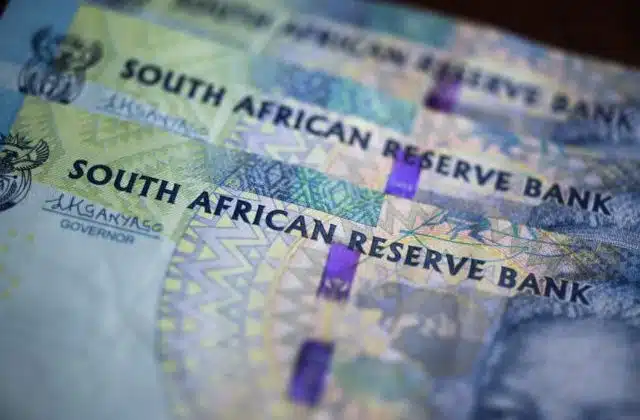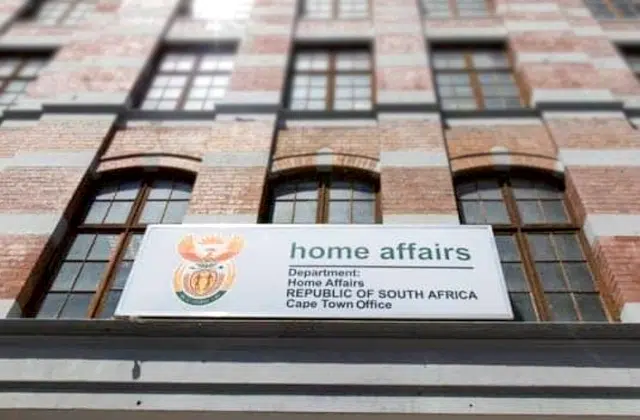
Calls to tax these South Africans to pay for R350 grants
Civil society organisations are calling for the R350 Covid-19 social relief distress (SRD) grant to be funded by higher taxes imposed on the ‘top 1% of South African earners.’
Funding the grant has become an issue in the country, with the National Treasury reporting that it would cost at least R50 billion a year to continue the temporary R350 monthly stipend that was initially launched in 2020 to protect the vulnerable from the effects of the pandemic.
Speaking to ENCA, spokesperson for civil organisation Amandla.mobi, Tlou Seopa said that the South African Revenue Service (SARS) should impose a tax on earners who get above R1 million annually to fund the grant.
She added that poor South Africans keep becoming poorer while the rich continue to prosper.
Inequality and the gap between different income brackets continue to be exacerbated, said Seopa. She added that it is a problem formed by corruption and a lack of government willpower, but a select tax should still be imposed.
A recent World Inequality report showed that the bottom 50% of working South Africans earn around R12,300 a year while the top 10% earn more than 60 times that amount at R780,300.
Of the people who are working in the country, the bottom 50% earn R1,030 a month. In light of South Africa’s staggering unemployment rate of 33.9%, this paints a bleak picture.
The spokesperson added that the current R350 income grant should also be increased above the food poverty line to R1,355 to empower people and enable them to engage in the economy.
The Department of Social Development recently increased the income threshold for the means test for the grant from R350 to R624 per month, in line with South Africa’s food poverty line.
Before this change, any South African who earned more than R350 a month was barred from the SRD grant – the barrier has now been adjusted, allowing more people to qualify.
In August of this year, the South African Social Security Agency (Sassa) recorded under R12 million applicants for the SRD grant. In light of a substantial increase in the number of people now eligible for the grant, the government has put in place more checks and balances.
The chief director of the Department of Social Development, Brenton van Vrede, said that a new condition requires South Africans to not ‘unreasonably refuse’ to accept employment or educational opportunities if offered.
Wealth tax
Calls for a tax on the upper echelon in the form of a ‘wealth tax’ has been on the cards for years, with the ruling ANC raising it during its national policy conference this year.
Mmamoloko Kubayi, chair of the ANC’s economic transformation subcommittee, said there should be a tax targeting the top 5% of high-net-worth individuals and estates with significant assets.
“The majority of the wealth of this country is in the hands of 5% of the population. That’s not right. We’ll have to have SARS look into (a wealth tax),” she said.
However, the National Treasury and big business have opposed the calls. Treasury called the grant unaffordable and unsustainable, while business leaders have said it would exacerbate capital flight issues.
Treasury noted that wealth taxes are already indirectly imposed through estate duties, donation tax and other levies in South Africa.
While a new wealth tax may help reduce inequality, in practice, such measures raise limited revenue, are expensive and difficult to administer, and often lead to capital flight and discourage savings and investment, the Treasury said.
Research firm Intellidex has echoed the Treasury’s assertion that capital will leave the country. In July, the group found that targeting an already shrinking, heavily taxed tax base would likely lead to emigration.
“Some taxpayers may withdraw from the tax system altogether by relocating to jurisdictions where taxes are lower and/or where they feel they may receive a better return on the taxes they pay,” Intellidex said. “Emigration is a potentially serious threat to the medium- and long-run stability of the tax system.”



